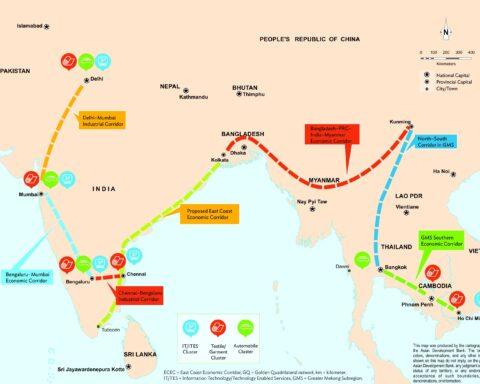A few months after taking over as general manager of the International Cricket Council’s Anti-Corruption Unit (ACU), Alex Marshall pronounced, “In most parts of the world it is mostly corrupt Indian bookies.” What Marshall said was nothing new. For more than one and a half decades, Indian bookies and match-fixers have acquired a global notoriety for their extensive network that has repeatedly beaten the surveillance systems put in place.
In the past five years, the ICC’s anti-corruption tribunal has banned four international players—Heath Streak, Brendan Taylor, Shakib Al Hasan and Nuwan Zoysa—who were found to be in touch with or came in contact with bookies for the purpose of fixing matches. The ACU’s investigation concluded that Indian bookies in the guise of businessmen corrupted them or were instrumental in it.
Over the past year, the ICC initiated 113 investigations, which is more than double compared to the previous year’s tally of 50. The ACU can give itself a pat on the back, counting the number of investigations it has conducted successfully. But the factsheets and verdicts in these corruption cases raise questions about the ACU’s work ethics that have allowed bookies to operate freely around the world. These investigations also indicate that the ACU has little clue of how to eradicate the menace of match-fixing.


























